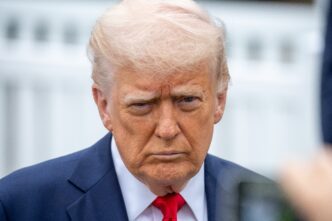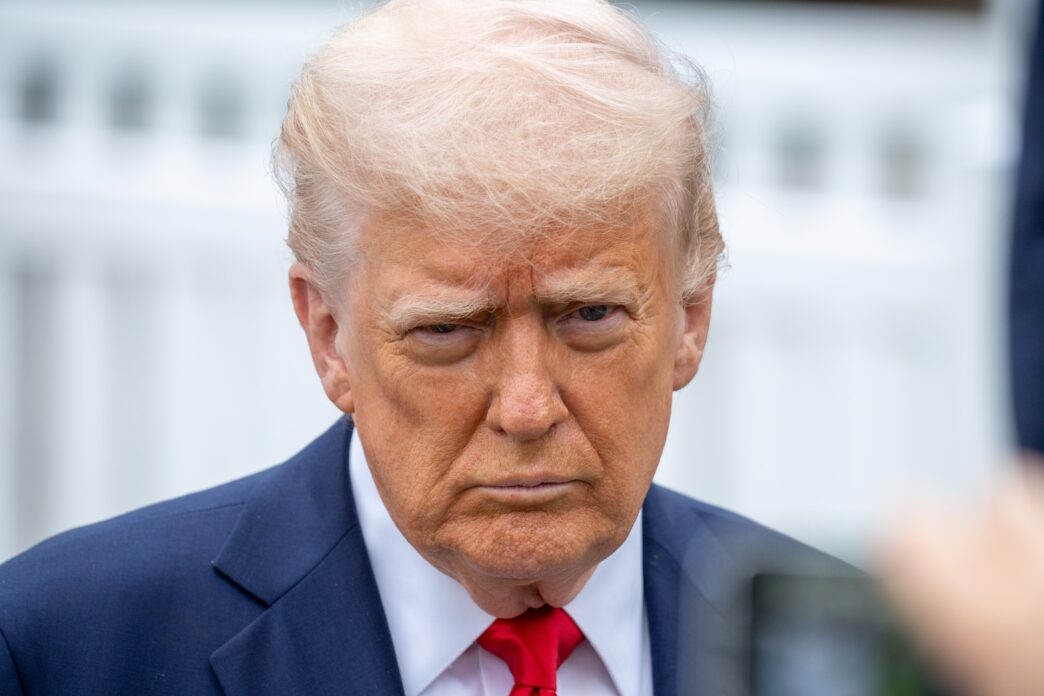Executive Summary
The Story So Far
Why This Matters
Who Thinks What?
US stock futures and Asian markets saw significant gains on Sunday, October 26, 2025, after US and Chinese trade representatives announced an agreement on a framework for a trade deal, potentially averting a substantial tariff hike on Chinese goods. This development comes ahead of a planned meeting between President Donald Trump and Chinese leader Xi Jinping in South Korea this week, aimed at de-escalating ongoing trade tensions between the two economic powers.
Market Reaction and Economic Outlook
Following the news, Dow futures rose 0.65%, S&P 500 futures climbed 0.74%, and Nasdaq futures increased by 0.92% as of early Sunday evening. This positive movement in futures markets reflected investor optimism, which was further boosted by expectations of another interest rate cut from the Federal Reserve.
The Dow had previously closed above 47,000 for the first time on Friday, after September’s Consumer Price Index data indicated that annual inflation had heated up less than anticipated. This data reinforced expectations for central bankers to reduce interest rates during policy meetings scheduled for the upcoming week.
Asian markets also responded favorably to the trade deal framework. Japan’s benchmark Nikkei 225 index rose 1.9% in early Monday trading, while South Korea’s Kospi jumped 2.4%. Hong Kong’s Hang Seng index also recorded a 1.28% increase in early trading hours.
Trade Deal Framework Details
The agreement on a trade deal framework could avert a proposed 157% tariff on Chinese goods, which President Trump had threatened to increase by an additional 100% “over and above” existing rates. This threat was a response to China’s announcement that it would ramp up export restrictions on critical rare-earth minerals, essential for electronics manufacturing.
Treasury Secretary Scott Bessent expressed optimism about the upcoming meeting between Trump and Xi, stating on Sunday that a substantial framework had been reached. He indicated that tariffs would likely be averted and that the US anticipates “some kind of deferral” on China’s rare-earth export controls, as China controls over 90% of the global output of refined rare earths.
President Trump had also signaled an openness to concessions on Saturday, suggesting a “very good chance of making a very comprehensive deal.” The anticipated deal is expected to include provisions beneficial to American farmers, particularly soybean farmers, who have been significantly impacted by the trade dispute.
Impact on US Economy and Agriculture
The tariff war has had widespread effects on the US economy, influencing inflation and impacting various American businesses and agricultural sectors. China, formerly the largest buyer of American soybeans with $12.5 billion in purchases in 2024, has not bought US soybeans since May, according to late September data from the US Department of Agriculture.
The potential finalization of this trade agreement during the leaders’ meeting this week is seen as a crucial step towards alleviating these economic pressures. It offers a prospect of relief for markets and specific sectors, such as agriculture, that have borne the brunt of strained trade relations.








